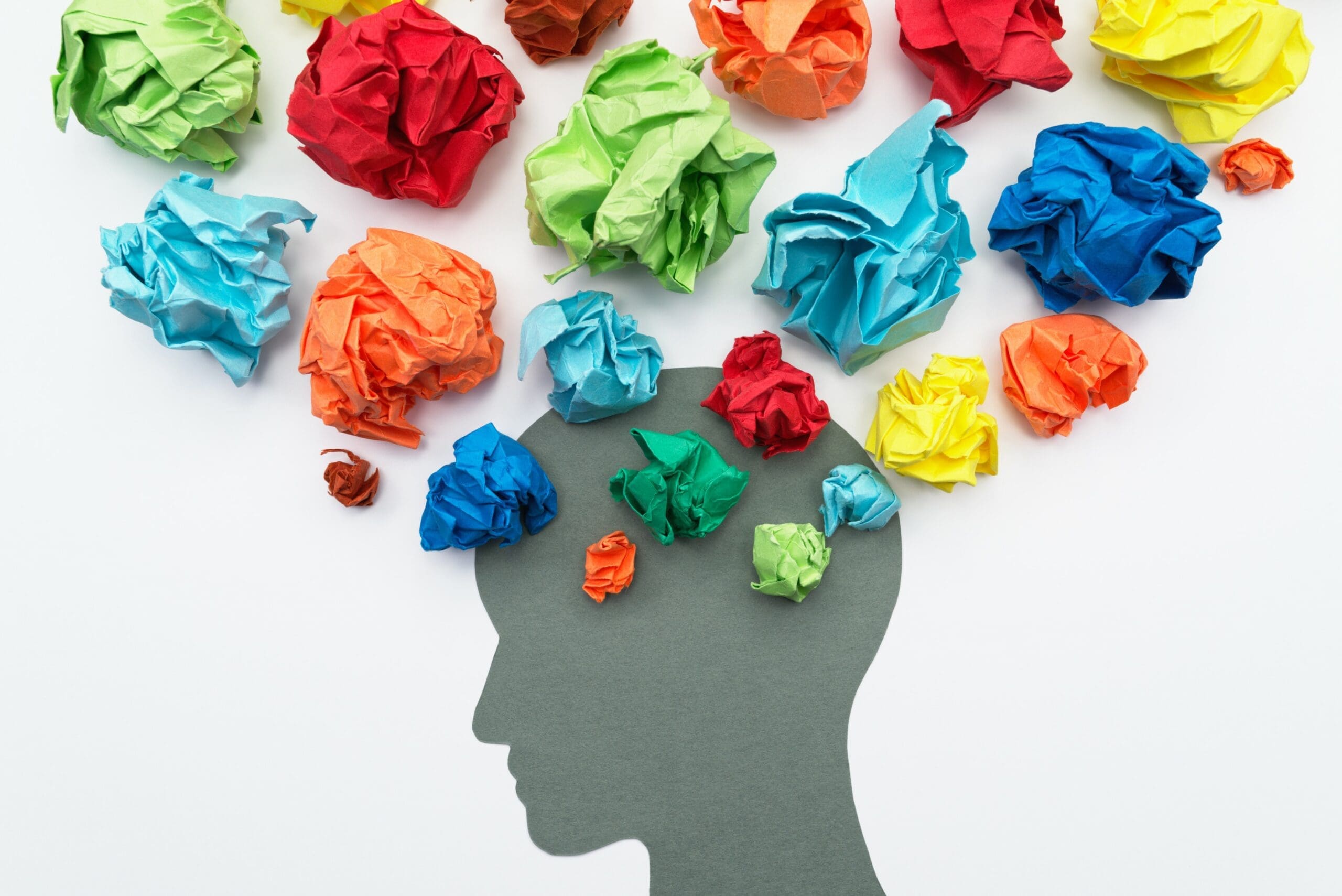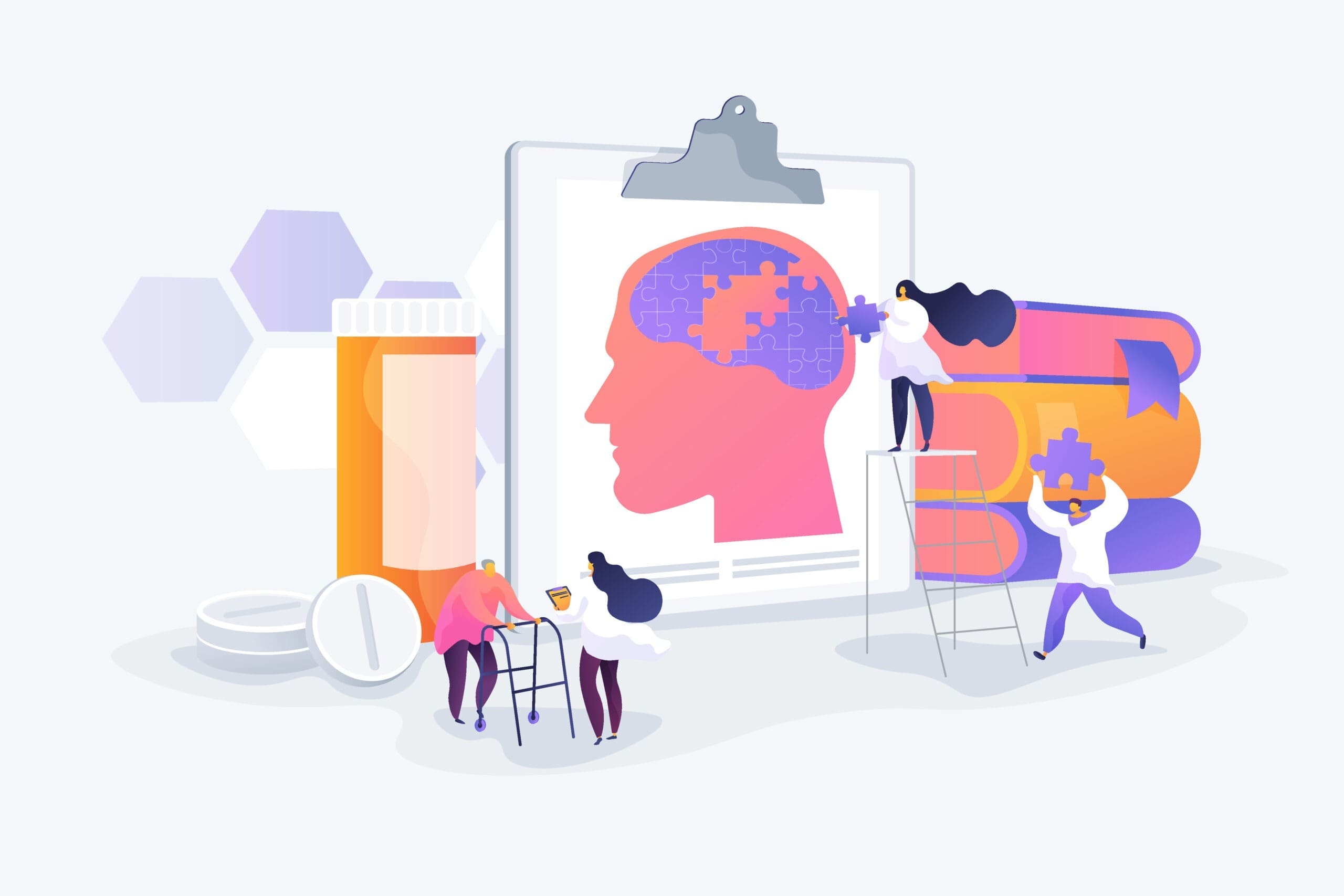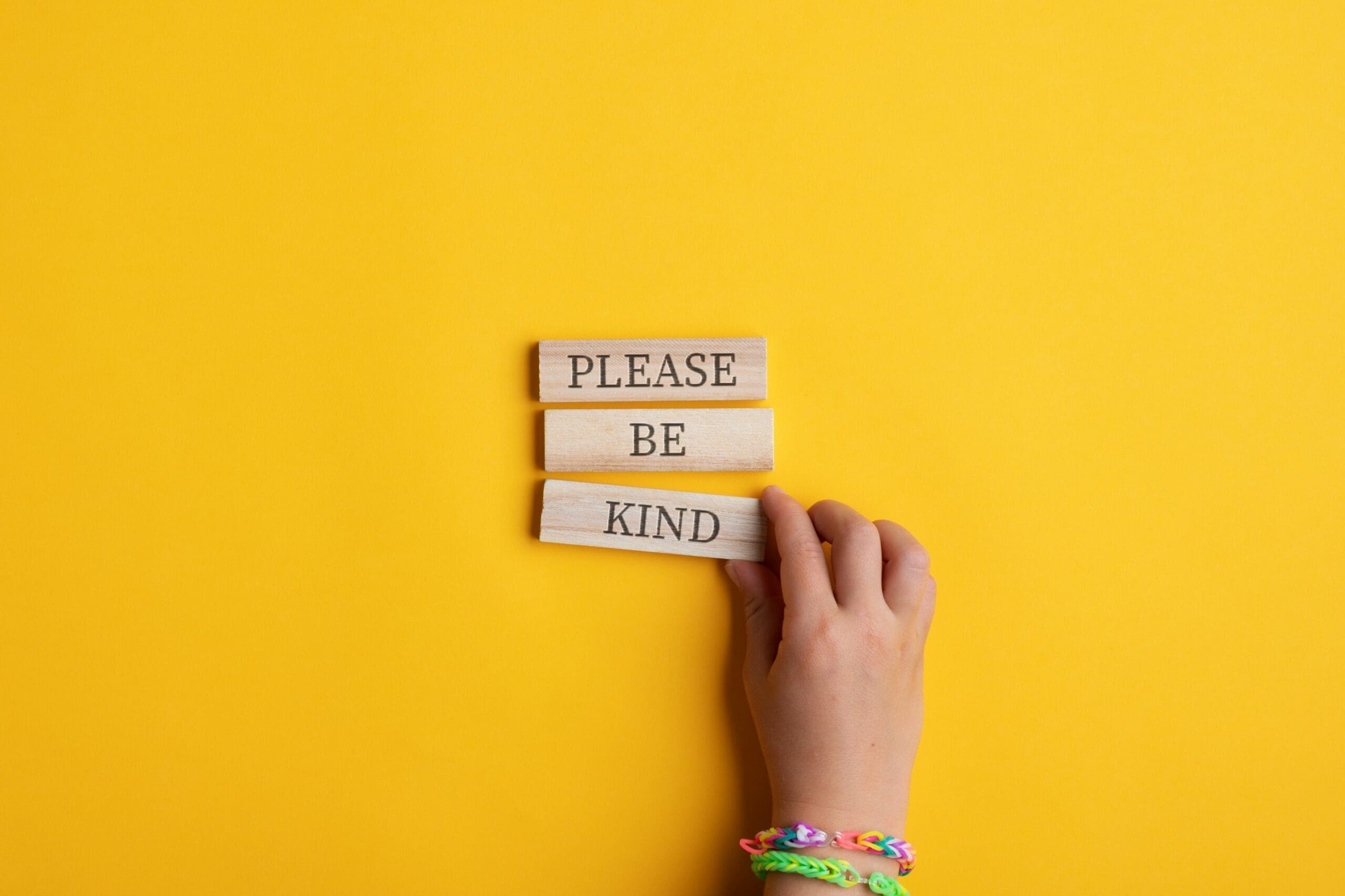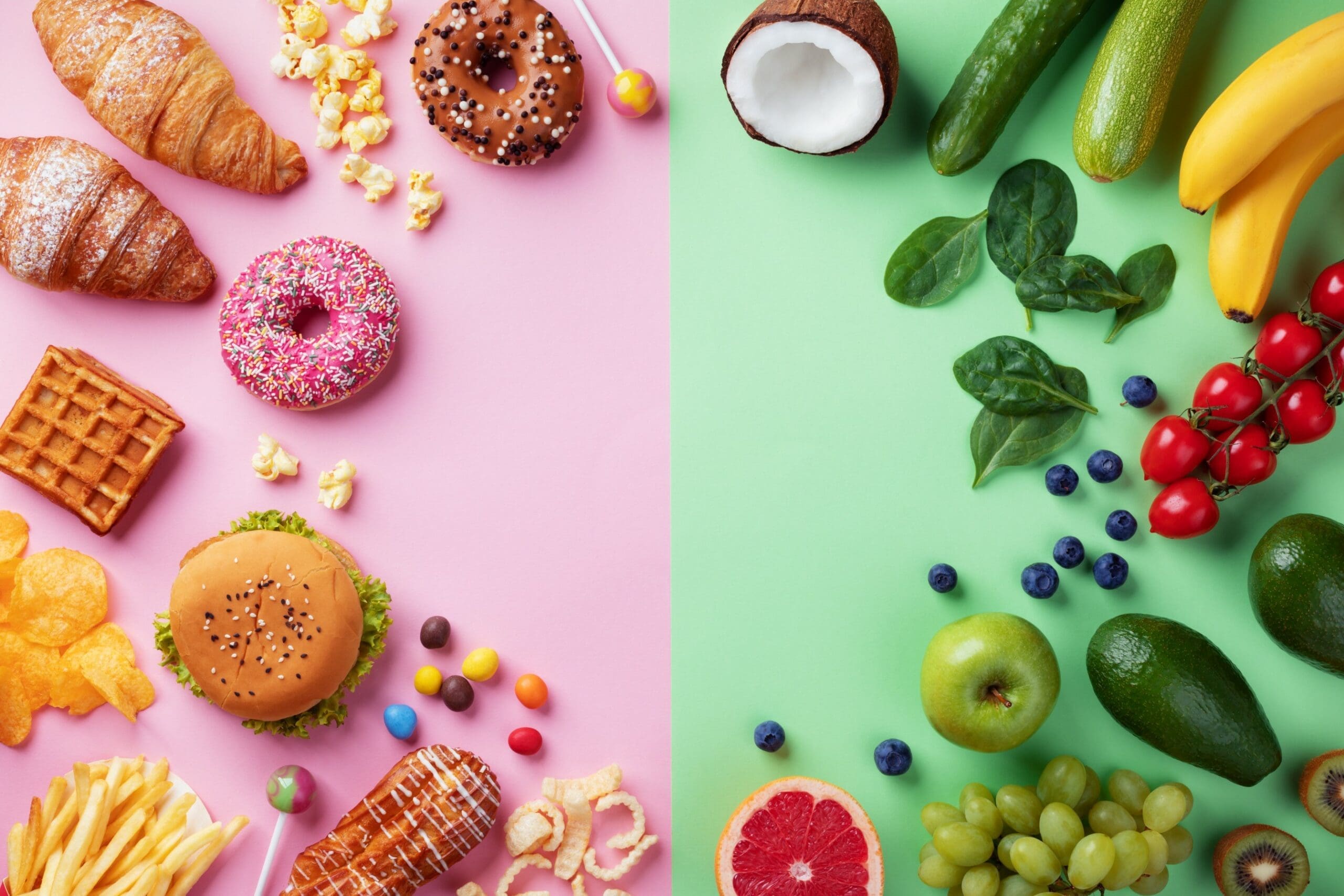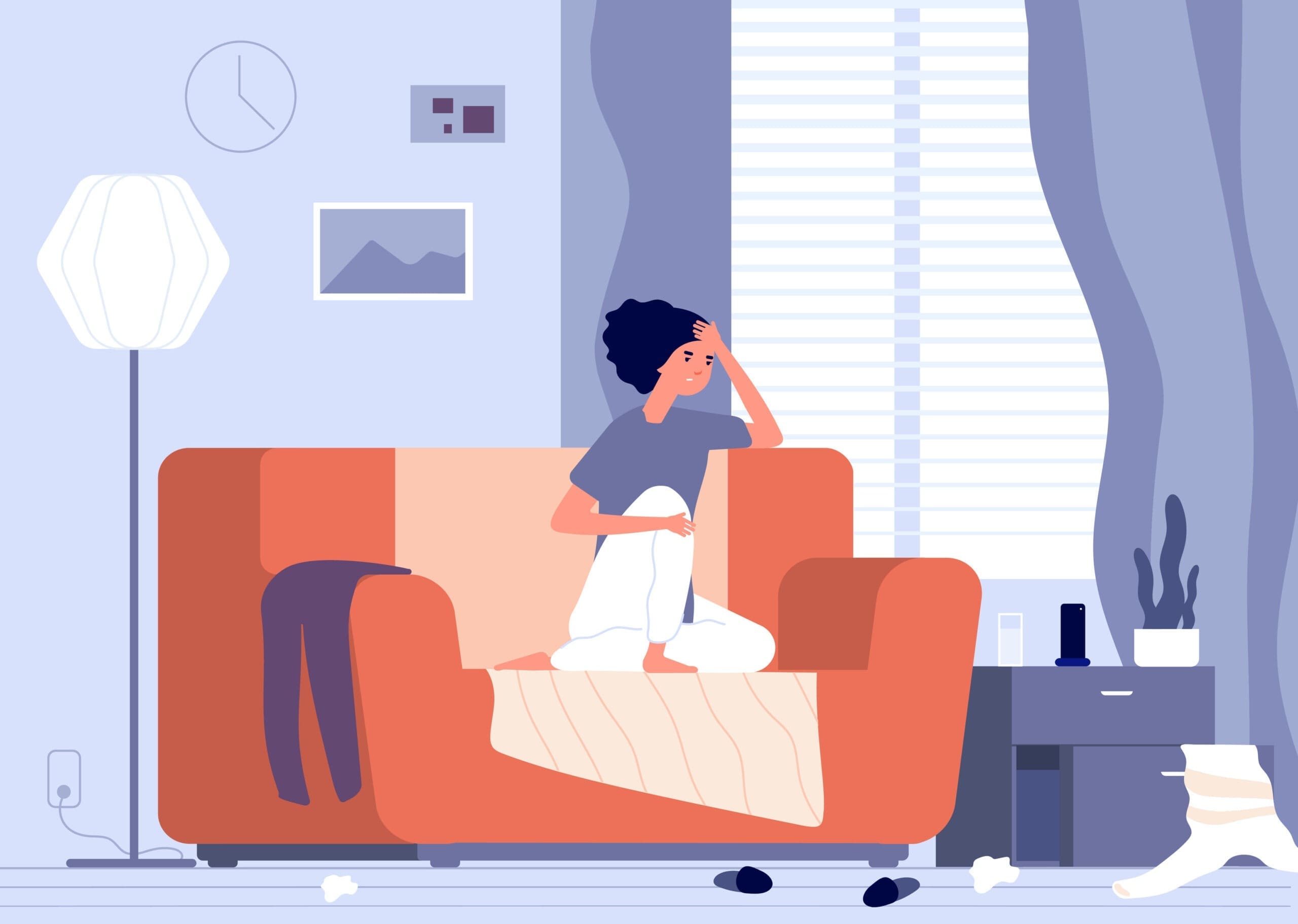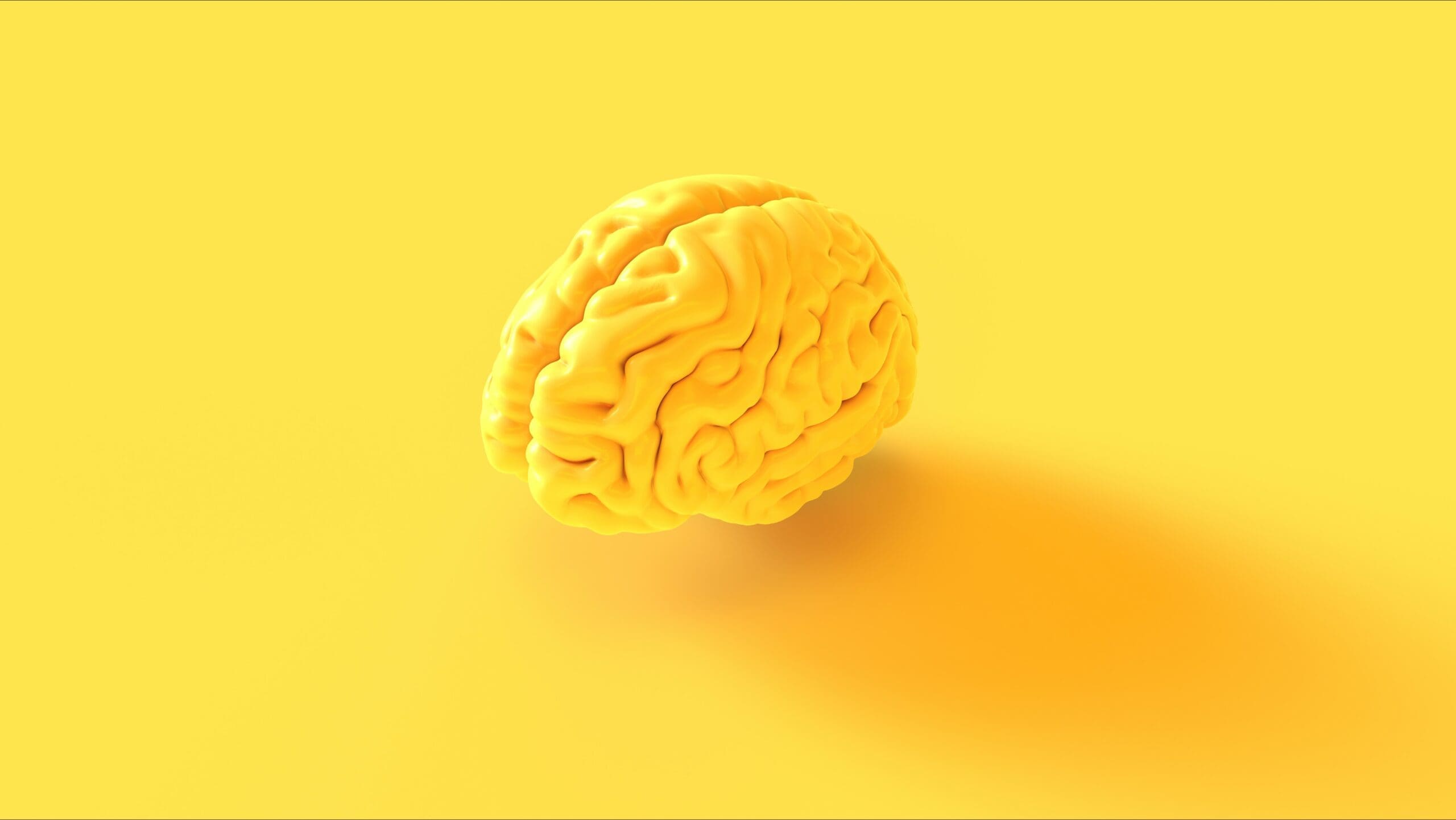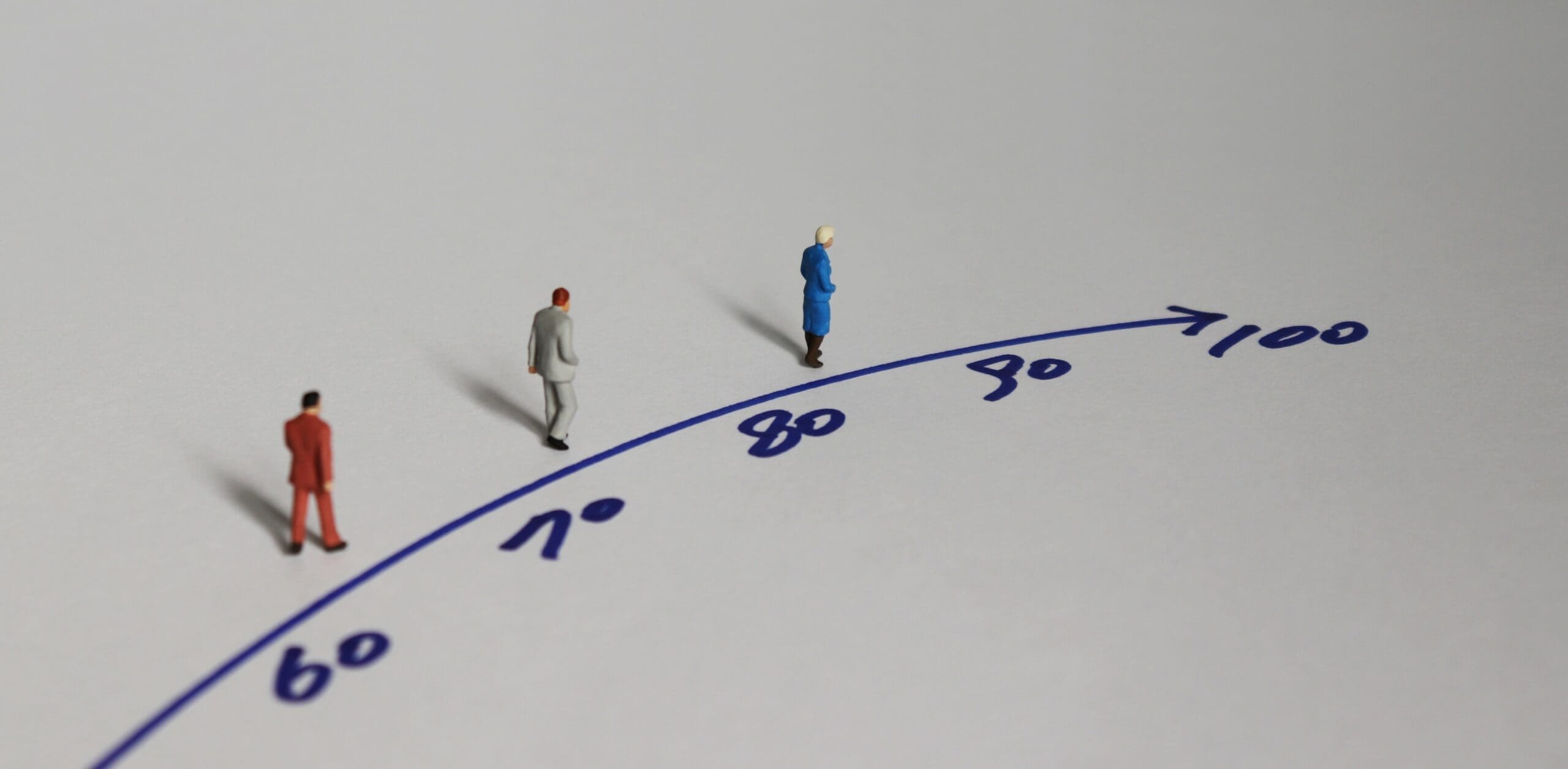Is there a difference between mental illness and mental health? What do people mean by both terms?
mental health
Pseudodementia reversible but easy to miss
Severe depression and psychosis can cause cognitive impairment similar to what’s seen in dementia, but the effects are reversible with the right treatment.
Being kind to your future self
Identifying strongly with your future self is linked to positive health and wellbeing. But is that still the case when you follow people to see what happens to them?
Diet changes improve depression outlook
The first dietary intervention study of its kind has found dietary changes to be beneficial in helping moderate to severe depression.
Eating to stress less
Having the right mix of prebiotics and probiotics in the diet may be one way to support our mental health.
Team sports and depression in young people
But do certain types of sports – namely, team sports over individual physical activity – have greater benefits for young people and their mood?
Who is at the greatest risk of loneliness?
There is growing evidence that loneliness is a health risk and a recent study has shown this to be true with surprising spikes in loneliness during different life stages.
Can you reduce the age of your brain?
The research is in and it’s good news. Older people who do aerobic exercise weekly can improve their cognition and reduce their ‘brain-age.’
Can diet changes improve depression and anxiety?
Yes and no. A review of diet study trials finds that positive dietary changes can reduce symptoms of depression, but less of a benefit is seen in addressing symptoms of anxiety.
Another unacceptable life expectancy gap
People with persistent and severe mental illness have their lives shortened by about 20 years and suicide only plays a small role in that appalling statistic.

